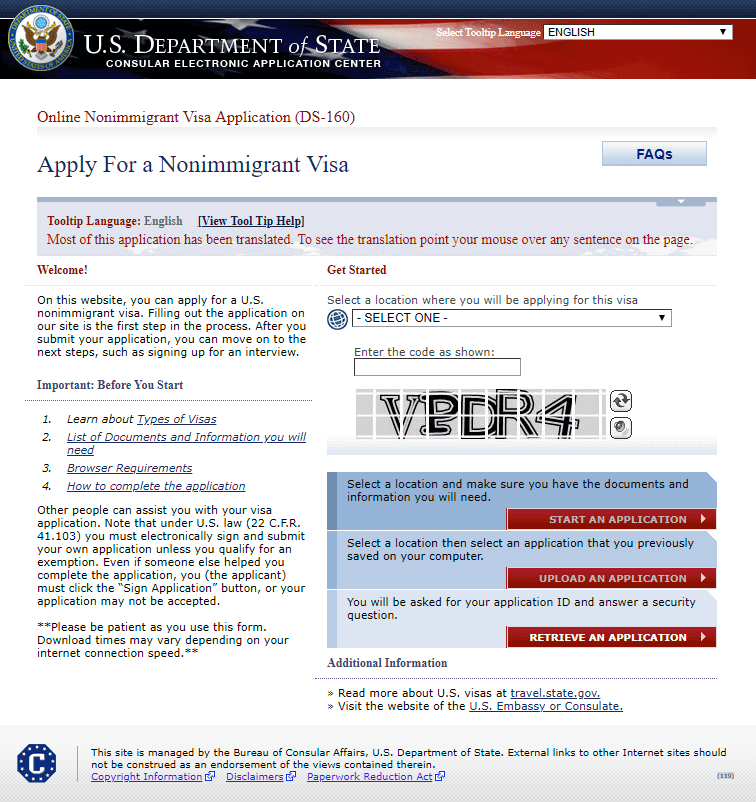Trump signed the proclamation Friday night raising H-1B visa fees from the current $1,710 filing fee to $100,000 annually. That's a 58x increase with less than 24 hours notice.
HR teams thought they had a quiet weekend - wrong. Saturday morning they got emergency calls to recalculate budgets because suddenly every H-1B worker costs six figures annually. Companies are asking themselves: is this developer really worth $100K before we even pay their salary?
Tech Companies Scrambling to Understand Impact

Big Tech is freaking out trying to figure out how fucked they are. Microsoft has 40,000+ H-1B workers, Amazon's got 35,000, Google sponsors around 12,000 per year. Do the math - Microsoft alone is looking at $4 billion in annual visa fees. That's real money, even for them.
The administration has clarified details that the fee applies to new applicants starting with the February 2026 lottery, but any new hires or renewals get hit with the full $100K. According to USCIS data, this affects about 85,000 applications annually, but the actual impact varies by company.
Indian IT Companies Face Existential Crisis
NASSCOM called this devastating because it basically nukes the Indian consulting model. TCS files about 24,000 H-1B apps per year, Infosys and Wipro file thousands more. Their whole business is flying engineers from India to work at client sites. TCS alone is looking at over $2 billion in visa fees - that's more than many companies' entire revenue.
Indian IT services companies have built their entire business model around moving skilled workers to the US. The sector employs over 5 million people and generates $254 billion in annual revenue. Major Indian IT stocks crashed on the news, with HCL Tech down 4.1% and Tech Mahindra dropping 3.8%.
India's Ministry of External Affairs said this is going to screw over a lot of families and cause family separations. This makes financial sense - Indians received 72.3% of H-1B approvals in 2023, making this fee increase particularly damaging to India's $150 billion IT services industry.
Market Reaction Shows Uncertainty
Wall Street had no idea what to do with this news. Indian IT stocks got hammered - TCS down 3.2%, while some US-focused companies actually went up. Investors are split between "this will force companies to hire Americans" and "this will cripple our ability to compete globally."
The policy serves two purposes: pushing companies toward American workers while generating substantial federal revenue. With 85,000 H-1B applications annually, the government could collect $8.5 billion in new fees.
But the move creates longer-term competitive risks. Restricting access to global talent while other countries maintain or expand skilled immigration programs could shift innovation centers away from the US.
Companies Are Scrambling for Workarounds

The smarter companies started planning for this shit months ago. Remote work means you can hire that engineer in Prague without dealing with visa nonsense. Suddenly those bootcamp partnerships and university training programs don't look so expensive. And yeah, some companies will just say "fuck it" and automate whatever they can't afford to hire humans for.
Canada's Express Entry and UK's Global Talent visa are about to get a lot more popular. Australia's Global Talent Visa and Germany's EU Blue Card are already seeing increased interest from engineers who are fed up with US immigration bullshit. Singapore's Tech.Pass and Netherlands' highly skilled migrant scheme offer faster processing times.
Here's the real risk: we're basically telling the world's best engineers to go build cool shit somewhere else. While we're making it harder to hire talent, other countries are rolling out the red carpet. Toronto's tech sector has grown 40% since 2020 partly due to US immigration restrictions. Don't be surprised when the next big tech company starts in Toronto instead of San Francisco.
